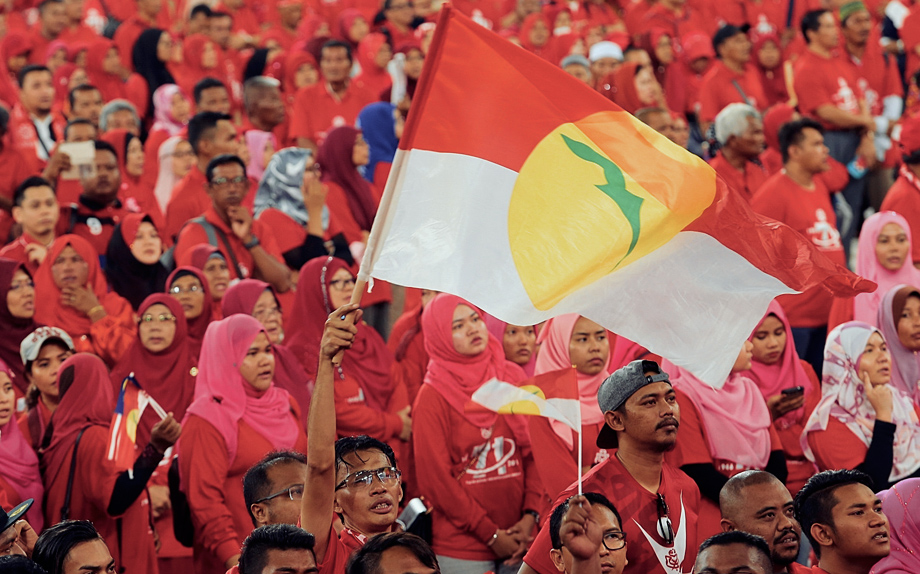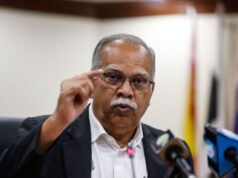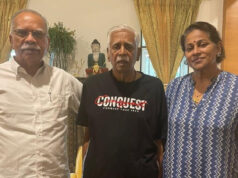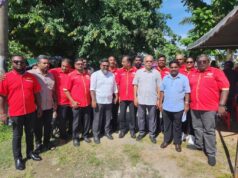COMMENT BY PROF DR P. RAMASAMY,
CHAIRMAN, URIMAI INTERIM COUNCIL
Why Umno is preoccupied with vernacular schools?
I think that Umno youth leader Dr Muhamed Akmal Salleh is barking up the wrong tree in examining the racial polarisation in the country. He seems deluded in thinking that the vernacular schools are cause of racial polarisation leading to disunity in the country.
This is the reason why he proposed the government to undertake a review of the vernacular schools with the aim of strengthening the Malay language. I am not sure what he means by reviewing the vernacular schools?
Is he suggesting that the vernacular schools in the country be done away with?
Or, is he equating vernacular schools with the ethnic and religious polarisation in the country.
Just because national schools are publicly funded schools, they by definition are not schools of excellence. These schools leave much to be desired for in terms of promoting national unity in the country. Anyway, schools whether they are vernacular or national, are not the primary cause of national unity.
They merely reflect the politics of ethnic divisions in the country. These school are the stark manifestations of racial and religious disunity in the country.
Akmal as a Umno politician should know that his party had a role in messing up the political system with its brand of racial hegemonic politics for decades after political independence.
Instead of focusing on vernacular or national schools, Akmal should find out what really ails the political system in the country today.
If only politicians are prepared to move away from the straight jacket of divisive politics, there is no way that the schools system can be reformed for the better.
What is the use of faulting the vernacular schools, if the real source of ethnic and religious polarisation is in the way politics is organised in the country.
Is Umno is prepared to move away from the confines of ethnicity? Is Umno prepared to admit non-Malays in the party?
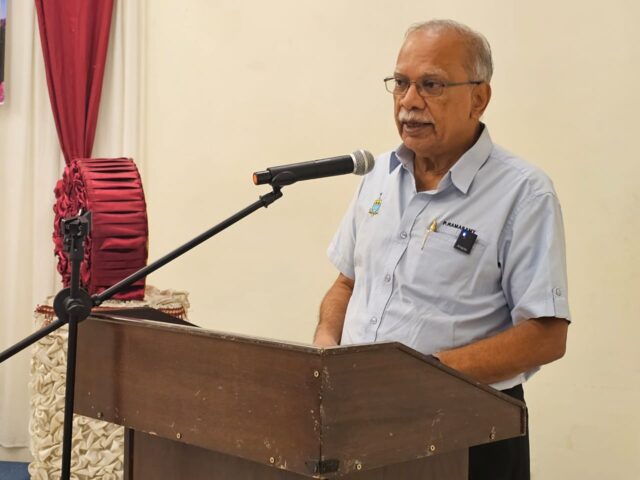

Vernacular schools are not the cause of ethnic disunity but a reaction to ethnic and religious discrimination in the country. The near exclusion of non-Malays in the public sector, discrimination in admissions to university and pre-university programs have basically fueled the existence of vernacular schools in the country.
The non-Malays, the Chinese and Indians, are simply trying to defend the existence of vernacular schools from the threats posed by ultra nationalists. Given this, how could the existence of vernacular schools could be interpreted as the primary cause of disunity in the country.
There is difference between an independent and dependent variables. Clearly, the vernacular schools are not the independent variable. The vernacular schools faced with an existential threat are forced to survive and perform.
This would explain why the enrollment of students in Mandarin and Tamil schools have increased over the years.
In comparison to national schools, the performance of students in vernacular schools are far better so much so Malay students are slowly enrolling in Mandarin schools. Maybe Umno politicians should move away from finding fault with vernacular schools, but instead suggest ways and means to come up with an integrated system of education where Chinese and Indians will be confident of their mother tongue education to be protected.
Since DAP and Umno are buddies in the PH-BN led government, I wonder what will be the response of the former towards the latter wanting to review the vernacular schools system.



